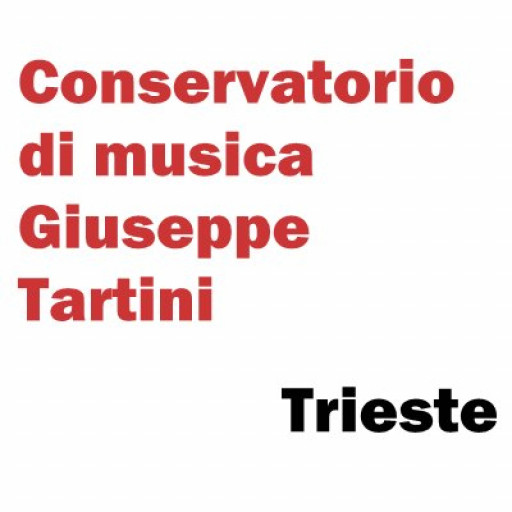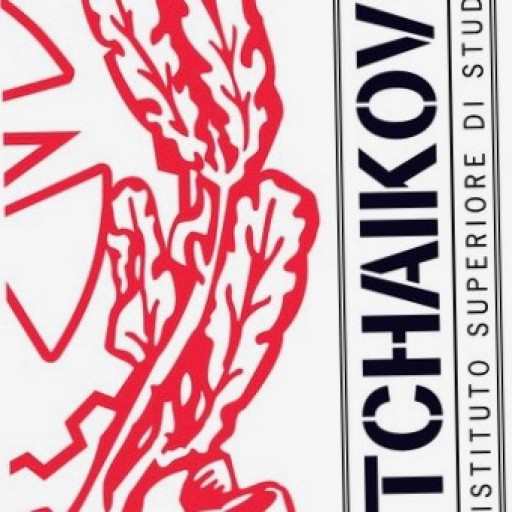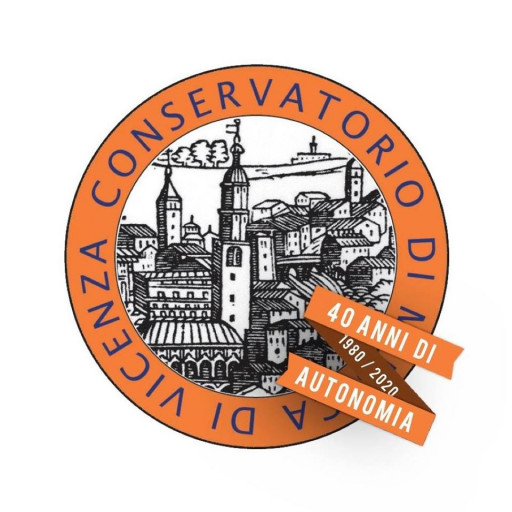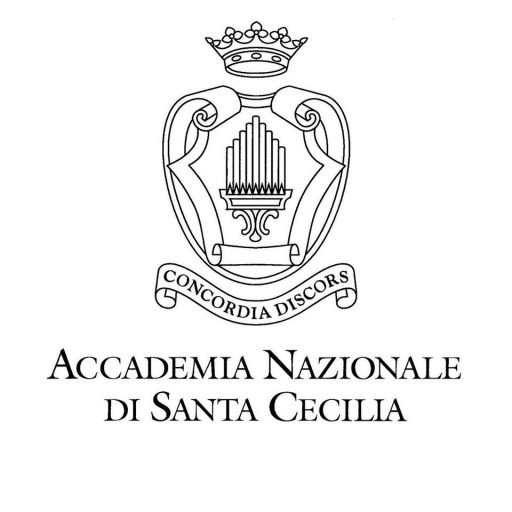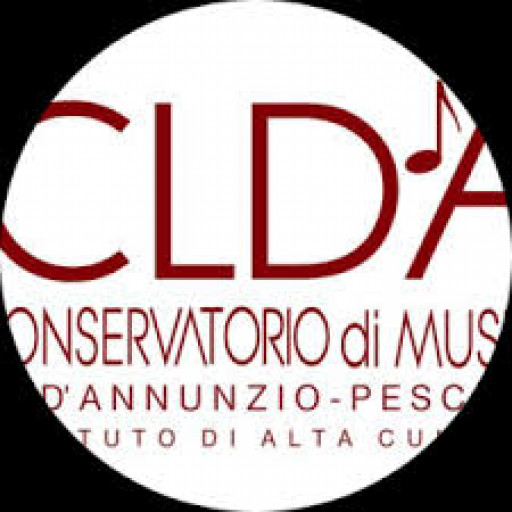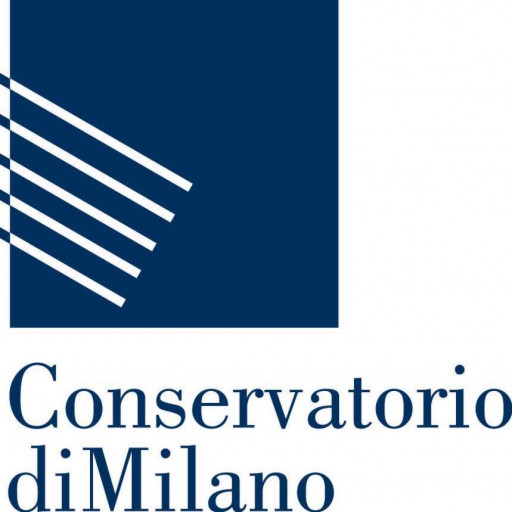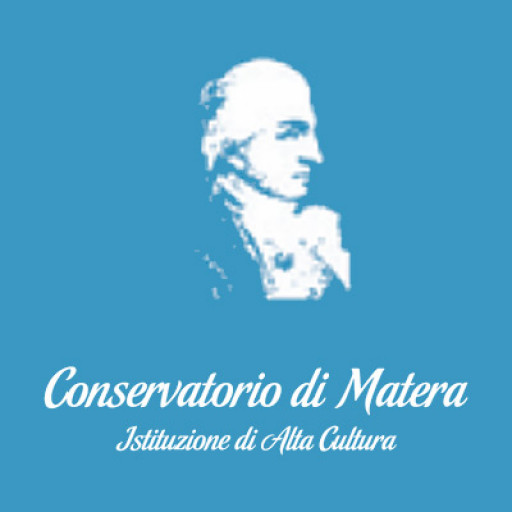Photos of university / #lundsuniversitet
The Master's Programme in Church Music, Organ and Keyboard at Lund University offers a comprehensive and in-depth education for students aspiring to become professional church musicians, organists, and keyboardists within the religious and cultural contexts of Sweden and beyond. This programme is designed to develop advanced skills in organ playing, choral conducting, liturgical music, and church music theory, with a strong emphasis on practical performance, pedagogical competence, and artistic expression. Students will have the opportunity to work closely with experienced instructors, participate in masterclasses, and engage in diverse performance projects, including recitals, church services, and collaborative events.
The curriculum combines a rigorous theoretical foundation in musicology, hymnology, and liturgy with extensive practical training in organ technique, improvisation, and ensemble leadership. Specialization options allow students to focus on areas such as organ performance, choral conducting, or compositional work for church settings. Throughout the programme, students are encouraged to explore historical and contemporary church music repertoire, fostering a deep understanding of musical traditions and innovation. The programme also emphasizes the importance of cultural and contextual awareness, preparing students to work effectively within various denominational and societal frameworks.
Lund University’s vibrant academic environment, along with its historic cathedral and music facilities, provides an inspiring setting for musical and scholarly development. Students will benefit from collaborations with actively performing musicians, church communities, and academic researchers, creating a dynamic learning community. Upon completion, graduates will be equipped with the skills necessary for professional careers as church musicians, concert performers, educators, or researchers in the field of church and organ music. This programme invites passionate musicians committed to excellence in performance, teaching, and spiritual service to join their ranks and contribute meaningfully to the cultural and religious life through music.
The Master’s Programme in Church Music, Organ and Keyboard at Lund University offers a comprehensive and in-depth education for students aspiring to become skilled church musicians, organists, and keyboardists. The programme is designed to develop both practical skills and theoretical knowledge necessary for professional performance, interpretation, and liturgical work within church contexts and beyond. Throughout the programme, students will explore a wide repertoire of sacred music spanning from early periods to contemporary works, gaining expertise in the performance of organ and keyboard instruments, as well as vocal and choir conducting techniques.
Students will engage in rigorous practical training, participating in regular performance exercises and recitals that foster technical proficiency and expressive abilities. The programme emphasizes historical performance practice, music theory, ear training, and improvisation to provide a solid foundation for versatile musicianship. Additionally, students will study liturgical music and its role within various religious traditions, learning how to adapt their music to different worship settings and theological contexts.
The programme also offers opportunities for research and reflection on music’s role in worship and community life, preparing students for both church service and pedagogical careers. Collaboration with other music students and participation in university and community concerts are integral parts of the education, promoting teamwork and public engagement. Qualified faculty members with extensive experience in church music, organ performance, and musicology guide students through individual lessons, ensemble work, and masterclasses.
Graduates of the programme will be well-equipped to serve as organists, choir directors, church musicians, educators, and leading performers in the field of sacred music. The programme’s unique focus on both practical performance and scholarly understanding ensures that students develop a well-rounded skill set suited to a variety of professional contexts within church and concert settings. With its rich tradition and innovative approach, the Master’s Programme in Church Music, Organ and Keyboard opens pathways to meaningful careers dedicated to the musical and spiritual enrichment of communities.
Program requirements for the Church Music, Organ and Keyboard program at Lund University include a relevant undergraduate degree or equivalent qualification demonstrating foundational knowledge in music, with an emphasis on church music, organ playing, and keyboard skills. Applicants are expected to submit documented proficiency in musical performance, including (but not limited to) detailed recordings or certifications of organ or keyboard skills. Prior experience in choir participation or church music practice may be advantageous. As part of the application, candidates typically need to provide a personal letter outlining their motivation for studying church music and their professional aspirations in this field. Additionally, references or recommendation letters from music teachers or professional musicians familiar with the applicant’s skills and experience are usually required.
The selection process often involves an audition or audition recordings in which applicants demonstrate technical proficiency on the organ or keyboard, as well as their ability to interpret choir music or liturgical compositions. Applicants should also be prepared to perform pieces from various musical periods, showcasing their versatility and stylistic understanding. Knowledge of liturgical practices and church music repertoire may be assessed through interviews or written tests. Candidates are generally expected to have a certain level of musical literacy, including sight-reading, harmonic understanding, and the ability to improvise. Furthermore, proficiency in Swedish or English may be necessary, depending on the language of instruction and examination. A background in choir conducting or directorship may enhance an applicant’s profile but is not always mandatory. The program may also require applicants to have completed certain preparatory coursework or certification in music theory and history. Ensuring compliance with the university’s admission deadlines and submitting all required documentation are essential steps for consideration. Students admitted are often expected to participate actively in practical training, such as church services, concerts, and liturgical practice, which are integral parts of the curriculum.
The financing of the Church Music, Organ and Keyboard programme at Lund University is primarily structured around several key funding sources, ensuring that students can pursue their studies without undue financial burden. Tuition fees are applicable to international students from outside the European Union and the European Economic Area, whereas students from within these regions typically study tuition-free due to agreements and subsidies. For international students, the tuition fee for this programme is set at a specific yearly rate, which covers access to coursework, faculty resources, campus facilities, and extracurricular activities essential for a comprehensive education in church music.
In addition to tuition fees, various scholarships and grants are available to support students financially. Lund University offers a range of scholarship programs aimed at international students, including the Lund University Global Scholarships, which are merit-based and aim to attract talented students from around the world. These scholarships can partially or fully cover tuition fees, providing significant financial assistance. Applicants are assessed based on academic merits, and successful recipients also gain access to mentorship and networking opportunities within the university community.
Furthermore, students can seek external funding sources, such as national or private scholarships, foundations, or sponsorships dedicated to supporting music and arts education. Many students also consider part-time work opportunities on or near the campus, which are accessible under certain immigration regulations for international students, to supplement their income during their studies.
Living costs in Lund, including accommodation, food, transportation, and personal expenses, constitute a significant part of the overall financing considerations. The university provides guidance and support in estimating these costs and finding suitable accommodation options, including university-owned housing or private rentals. Students are advised to budget accordingly, considering the cost of living in Sweden, which, while moderate compared to other Scandinavian countries, still requires careful financial planning.
Lund University also encourages students to explore government and regional financial aid programs available within Sweden for residents or those eligible through bilateral agreements. The university's Financial Aid Office offers tailored advice and assistance regarding application procedures for various funding options and understanding the financial commitments involved in studying at the university.
Ultimately, the financing of the Church Music, Organ and Keyboard programme is designed to be transparent and accessible, combining university resources, external support, and personal financial planning to enable students to focus on their academic and artistic development. The comprehensive support system ensures that students from diverse backgrounds can pursue high-quality education in church music, gaining the skills necessary for professional careers in liturgical, concert, or pedagogical settings.
The Master’s Programme in Church Music, Organ, and Keyboard at Lund University offers students a comprehensive education in the art of church music with a focus on organ and keyboard instruments. This programme is designed for individuals who aspire to develop their skills in performance, church choir conducting, and the theoretical aspects of church music. The curriculum combines practical training with academic study, enabling students to gain a deeper understanding of liturgical traditions, music history, and performance techniques relevant to ecclesiastical contexts.
Throughout the programme, students have opportunities to refine their organ and keyboard playing skills under the guidance of experienced instructors. The coursework also emphasizes liturgical planning, choral conducting, and the integration of music within church services. Students participate in various performance exams, choir rehearsals, and church service simulating environments to prepare for professional roles in church settings or related organizations.
Lund University’s facility includes beautifully maintained church organs, practice rooms, and performance venues that support the diverse activities within the programme. The faculty includes renowned scholars and practitioners in the field of church music and organ playing, offering mentorship and expertise to students. The program also encourages participation in concerts, workshops, and collaborations with other departments or external institutions to broaden students’ musical and cultural experiences.
Graduates of this programme are equipped to work as church musicians, organists, choir conductors, or pedagogues in religious communities or cultural institutions. They also possess the foundational knowledge necessary for further academic pursuit, such as doctoral studies in musicology or church music. The programme’s location in Sweden offers students access to rich Scandinavian musical traditions and a vibrant cultural scene, which enriches their educational experience.
Lund University’s Master’s Programme in Church Music, Organ, and Keyboard prepares students not only for technical mastery but also for meaningful engagement with the spiritual and communal aspects of church music. It emphasizes ethical and collaborative working approaches essential for leading musical worship and contributing positively to church communities and public musical life. This programme attracts students from around the world, fostering a diverse and international learning environment rooted in the Scandinavian musical heritage.


